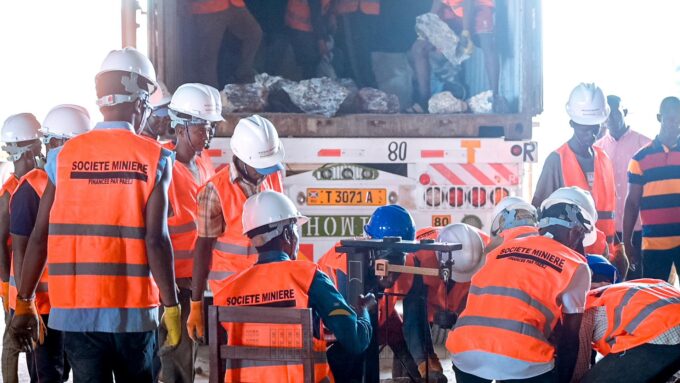Many young Burundian women face an uphill battle against unemployment after completing their studies. While some succeed in starting income-generating activities, others are drawn into exploitative or degrading work, exposing them to various risks and challenges. However, a growing number of determined graduates from public and private schools and universities are finding ways to realize their dreams, despite initial setbacks.
Faustine Minani, a 23-year-old from Kirambi in Bweru commune, Ruyigi eastern province, is one such example. After finishing secondary school, she began working as a domestic helper. “It wasn’t my choice,” she says. Minani faced harassment in her workplace, which led to her becoming pregnant. Forced to quit her job, she found herself raising a child on her own after the father abandoned her. “The child’s father left me,” she says.
For others, small-scale entrepreneurial ventures offer a glimmer of hope. Gaudence Igiraneza, also 23, recently completed her secondary education in Kayanza, northern Burundi. While waiting to start university, she began selling mobile phone airtime and offering money transfer services. “I see this as a temporary activity while I prepare for university. It allows me to meet some of my needs without depending entirely on my parents,” she says confidently.
Divine Nzoyihiki, a mother of two from Gikomero in Kirundo province, turned unemployment into opportunity by producing natural adhesive from Euphorbia tirucalli sap. With a Geography degree, she launched her business in 2022 with 3 million Burundian francs, growing it to 12 million in two years. “I believe women have the capacity to support their households and communities,”
The unemployment rate among young people in Burundi, aged 18 to 40, remains high, estimated at 60%, according to ALUCHOTO, a local organization fighting unemployment. Women face particularly steep barriers, often hindered by cultural norms or limited entrepreneurial skills.
“Some girls still believe getting married is enough,” says Vianney Ndayisaba, national coordinator of ALUCHOTO. He adds that while more women are breaking into traditionally male-dominated fields, many remain hesitant.
Despite these challenges, government initiatives like the Youth Entrepreneurship Support Program-PAEEJ are making strides. Since its creation, the program has financed over 3,700 youth-led projects, provided nearly 3,500 internships, and trained about 29,000 young people in entrepreneurship.
However, many young women, like Asha Ndikumana, 25, from Buterere in northern Bujumbura, are still left behind. “I wanted to start a small business selling children’s clothes or anything that could generate income, but I lacked the capital to get started,” says Ndikumana, a university student.
The stories of resilience and innovation among Burundi’s young women reflect a broader societal push to overcome unemployment. Yet, systemic barriers must be addressed to ensure sustainable progress and equal opportunities for all.








Leave a comment